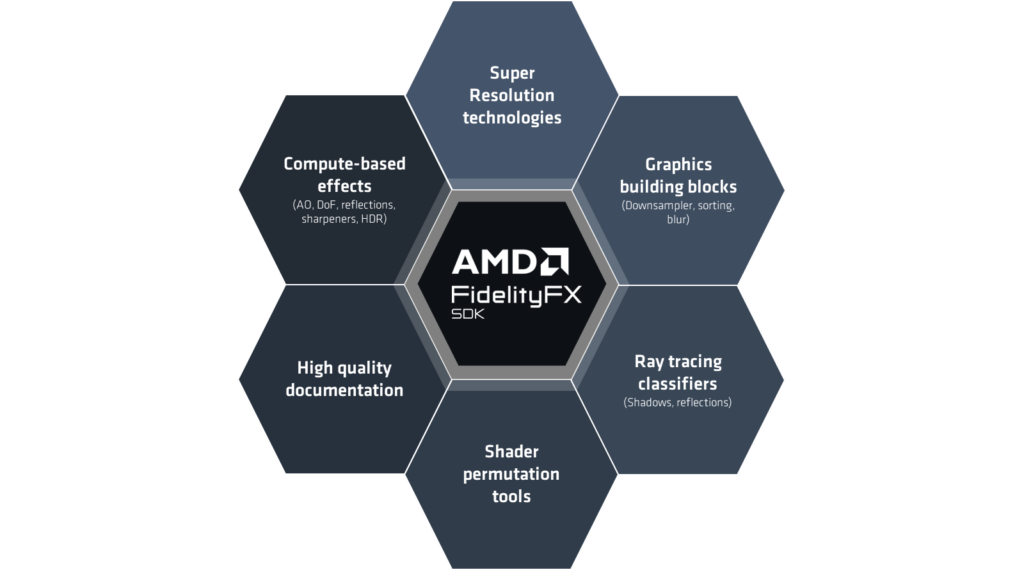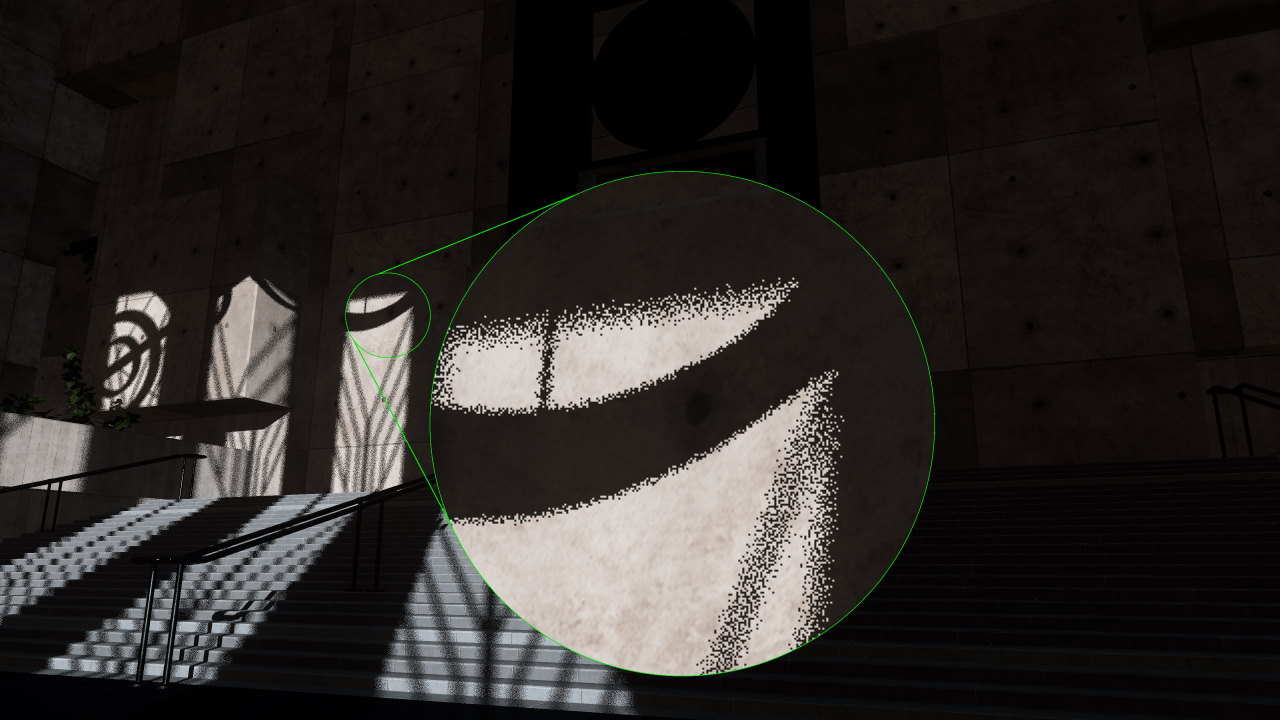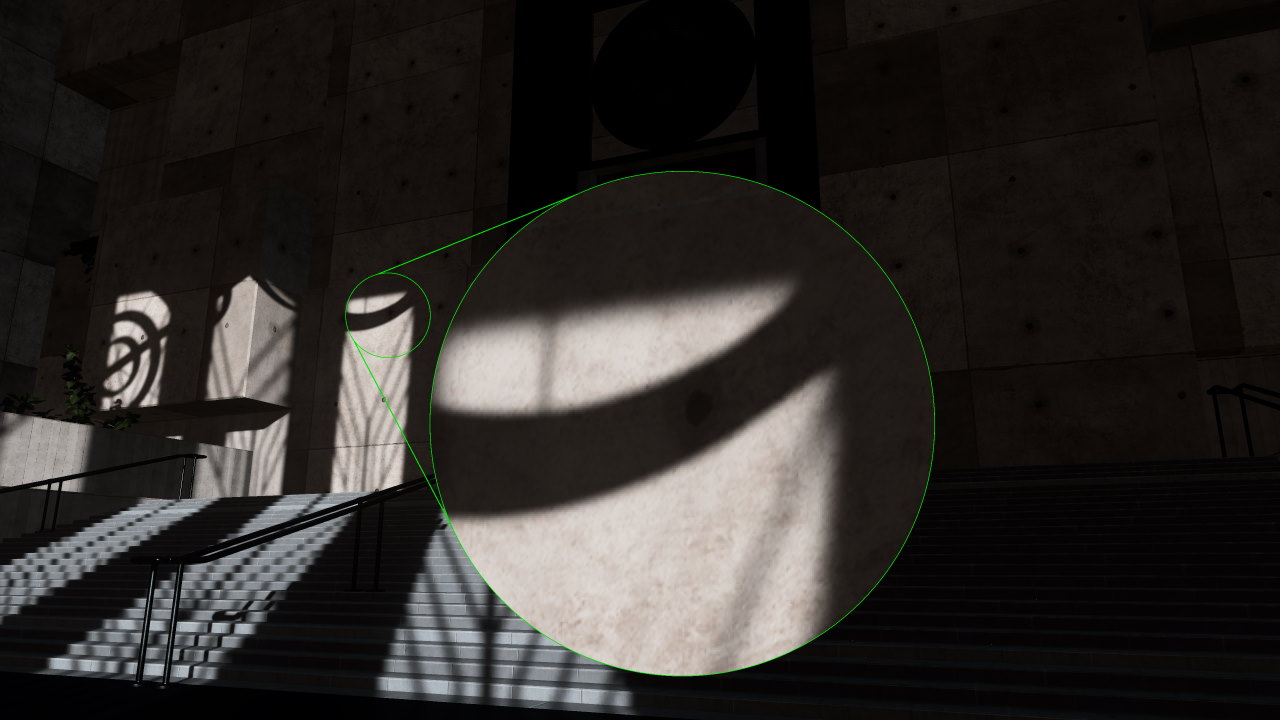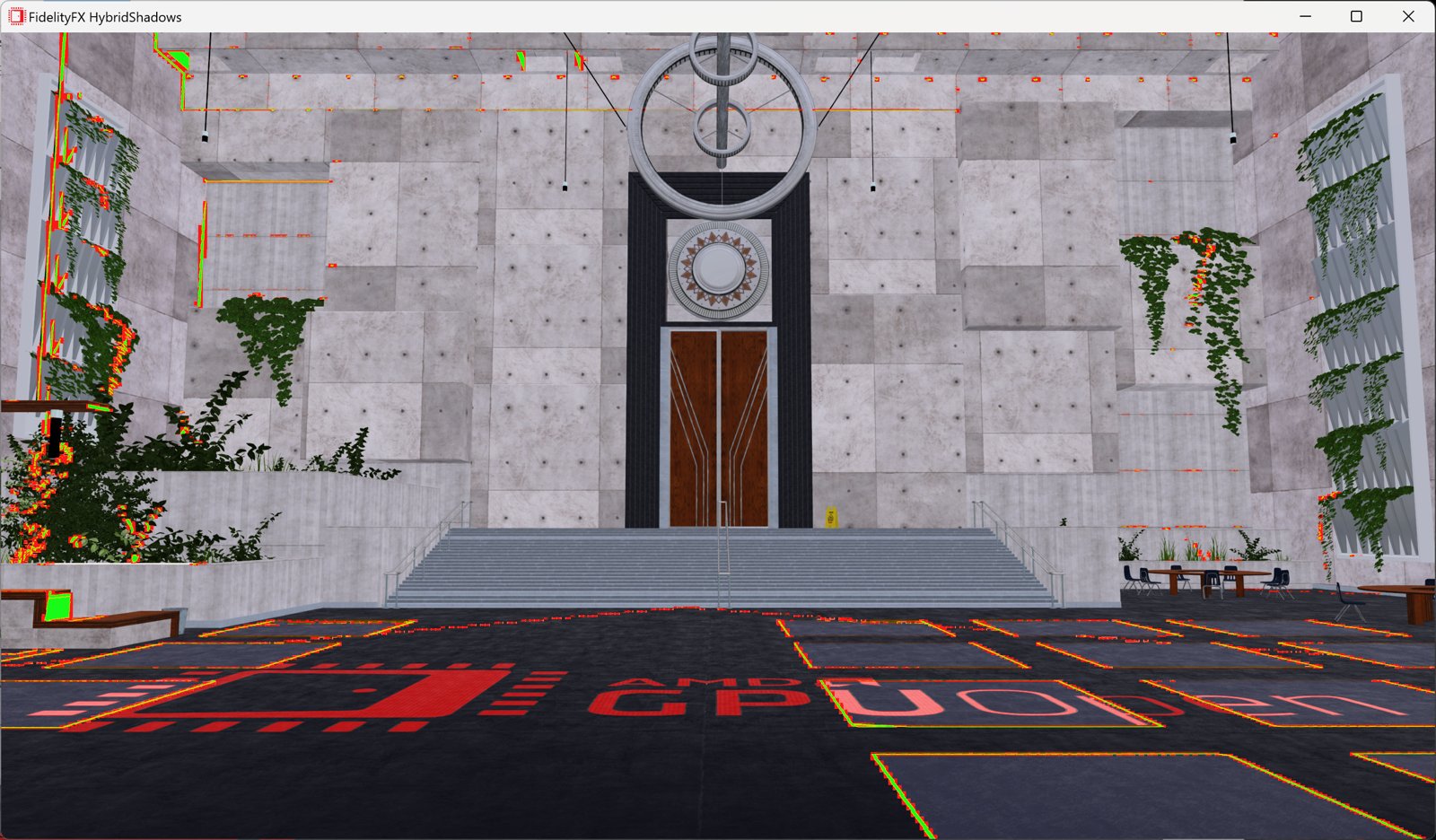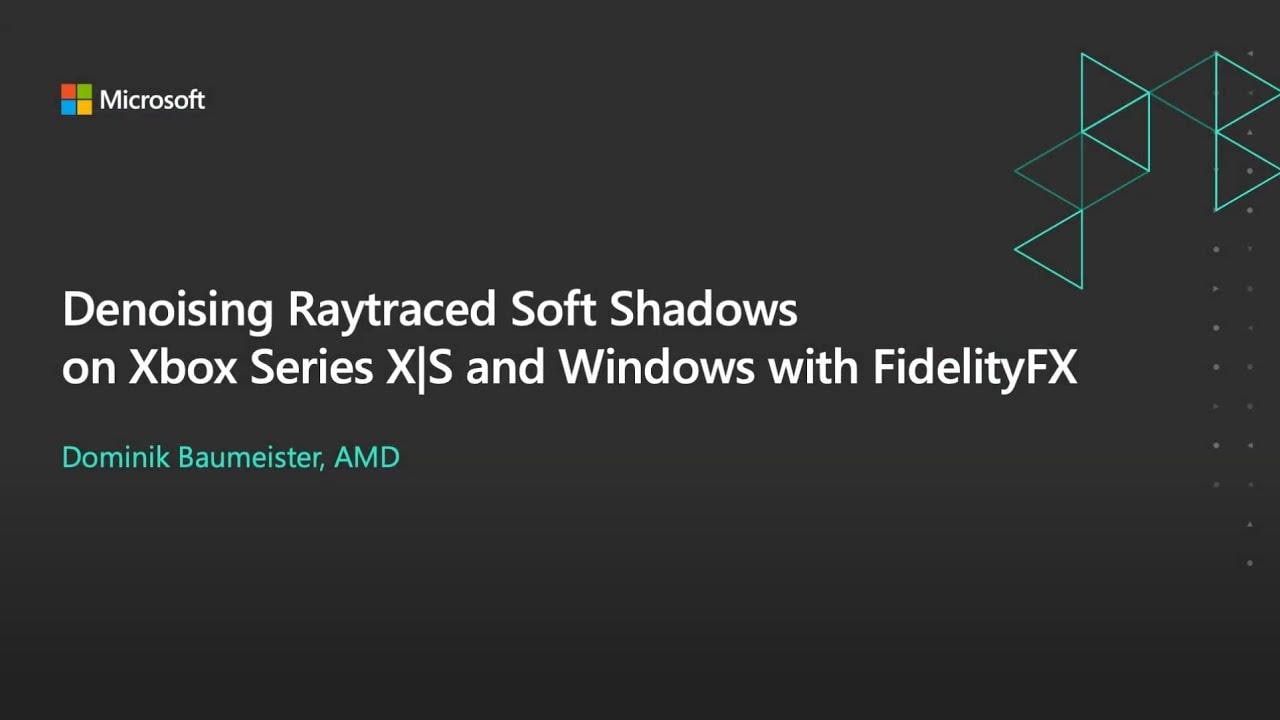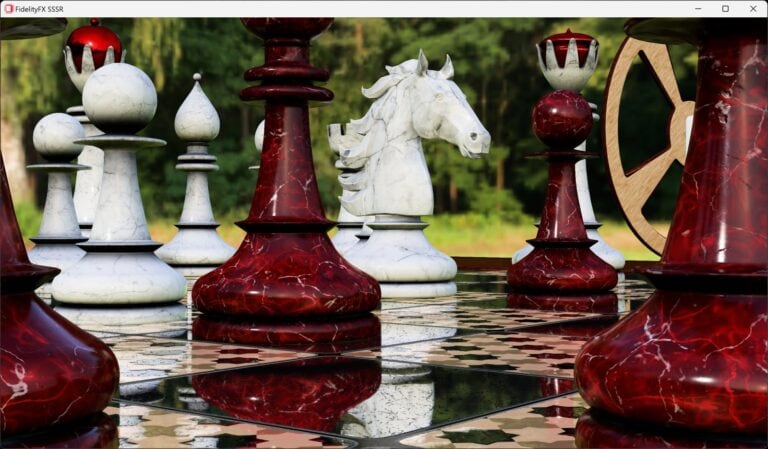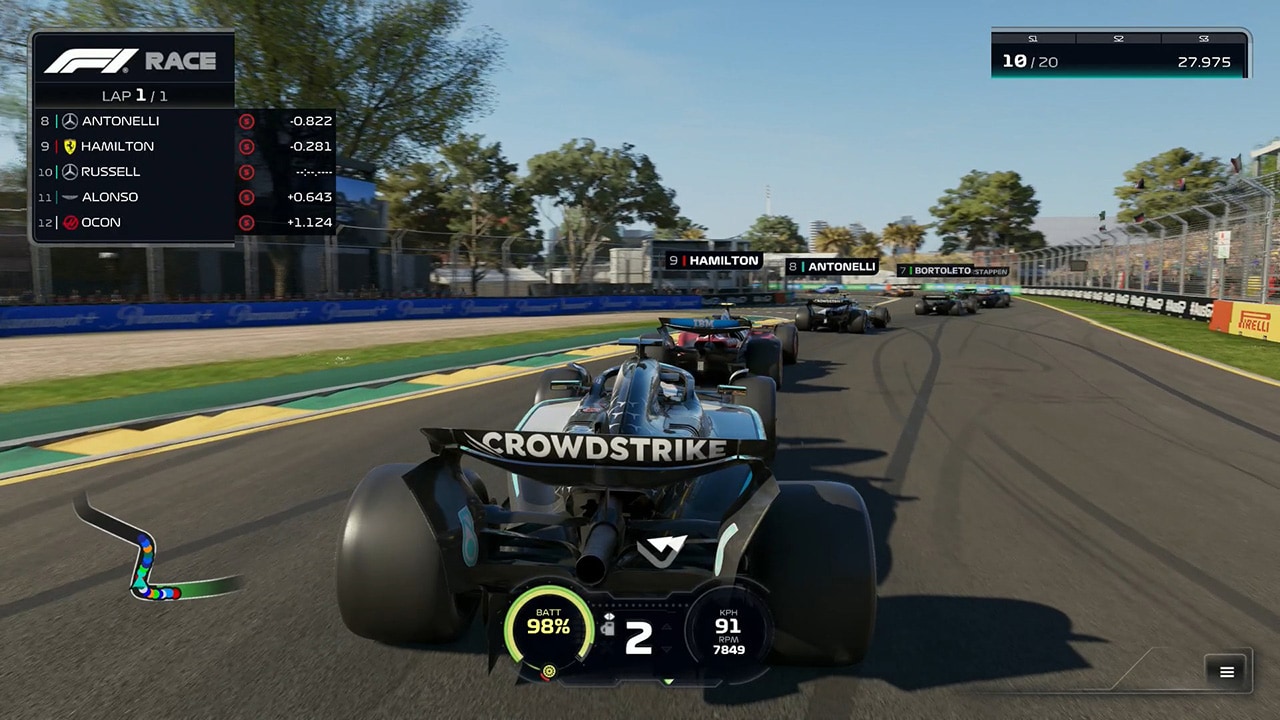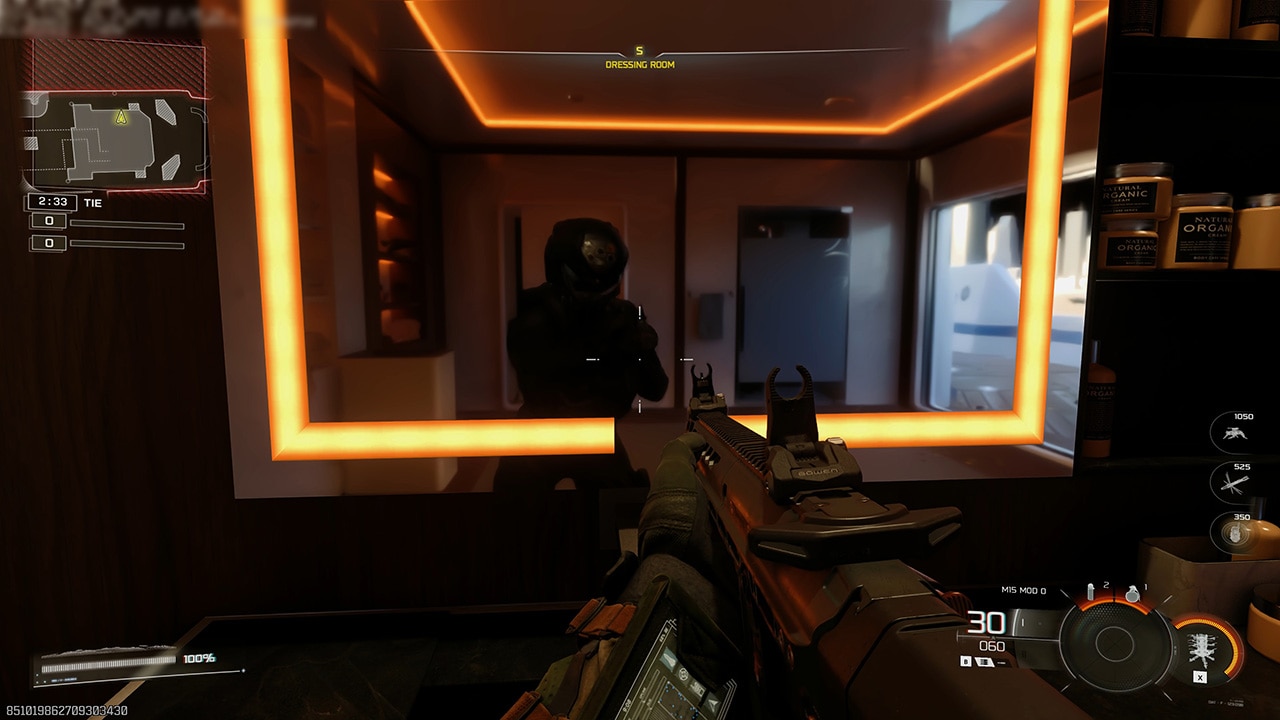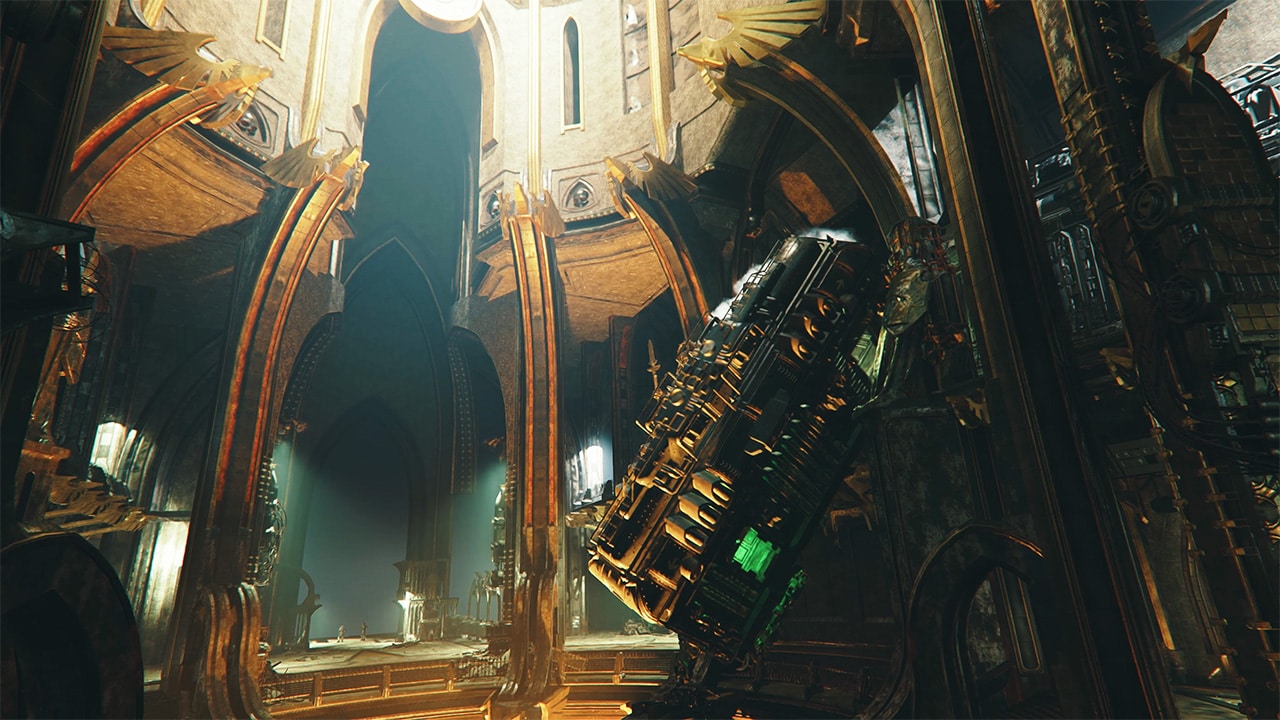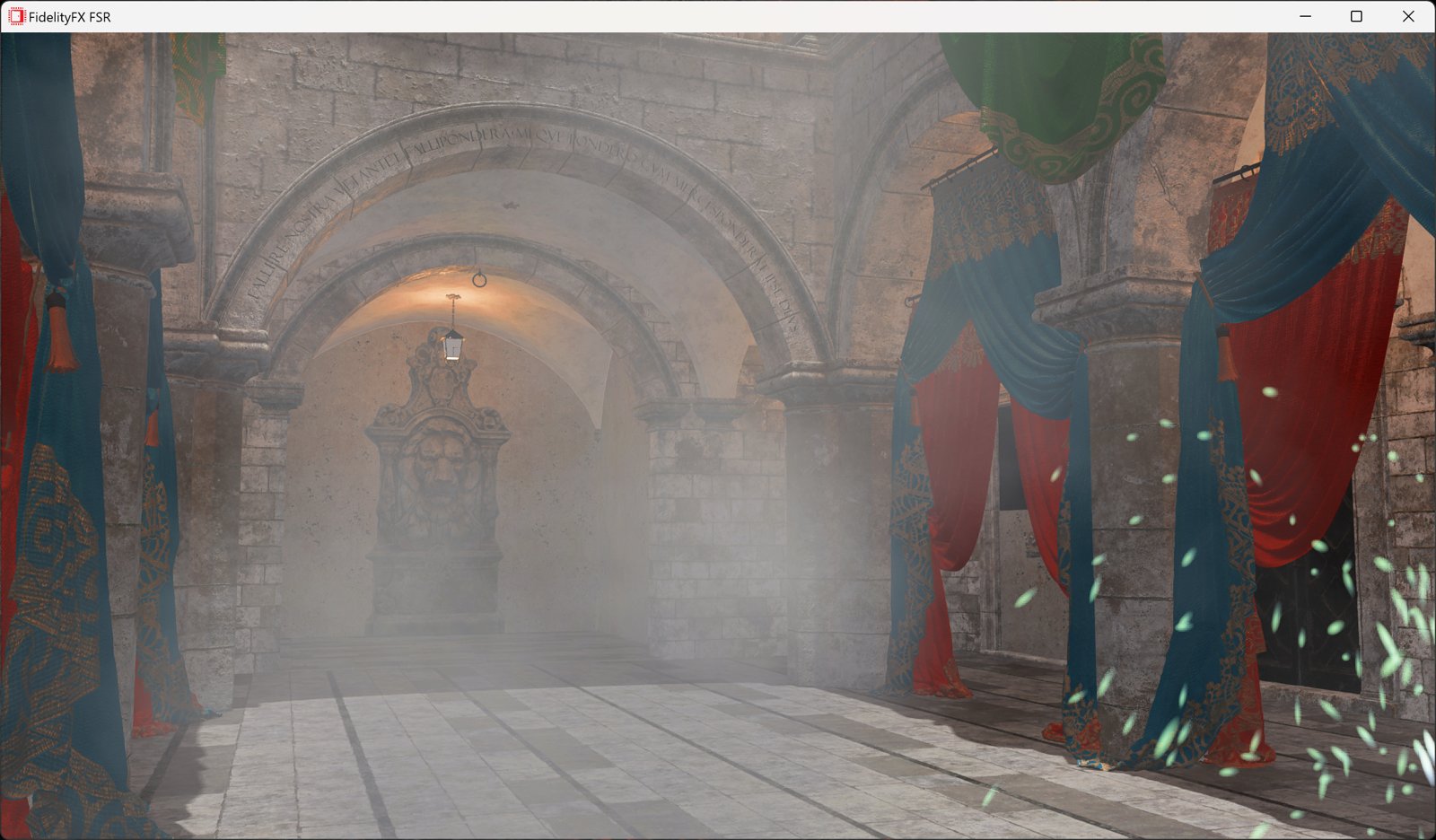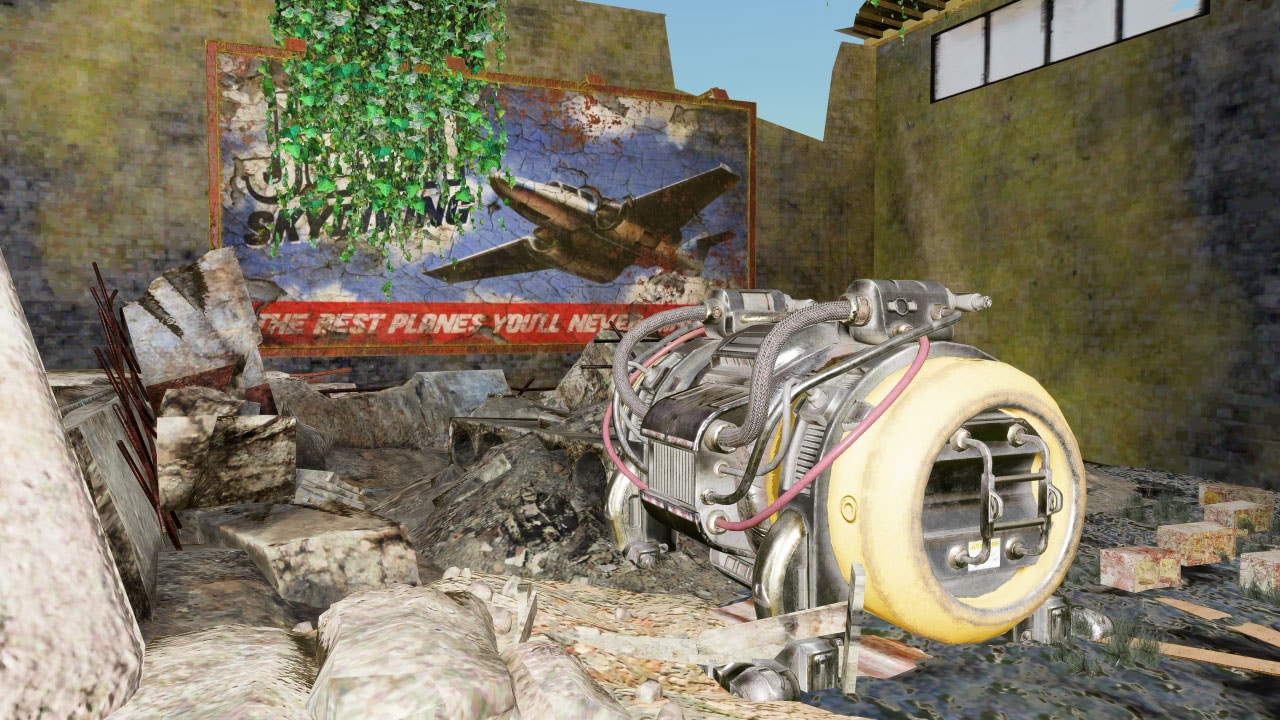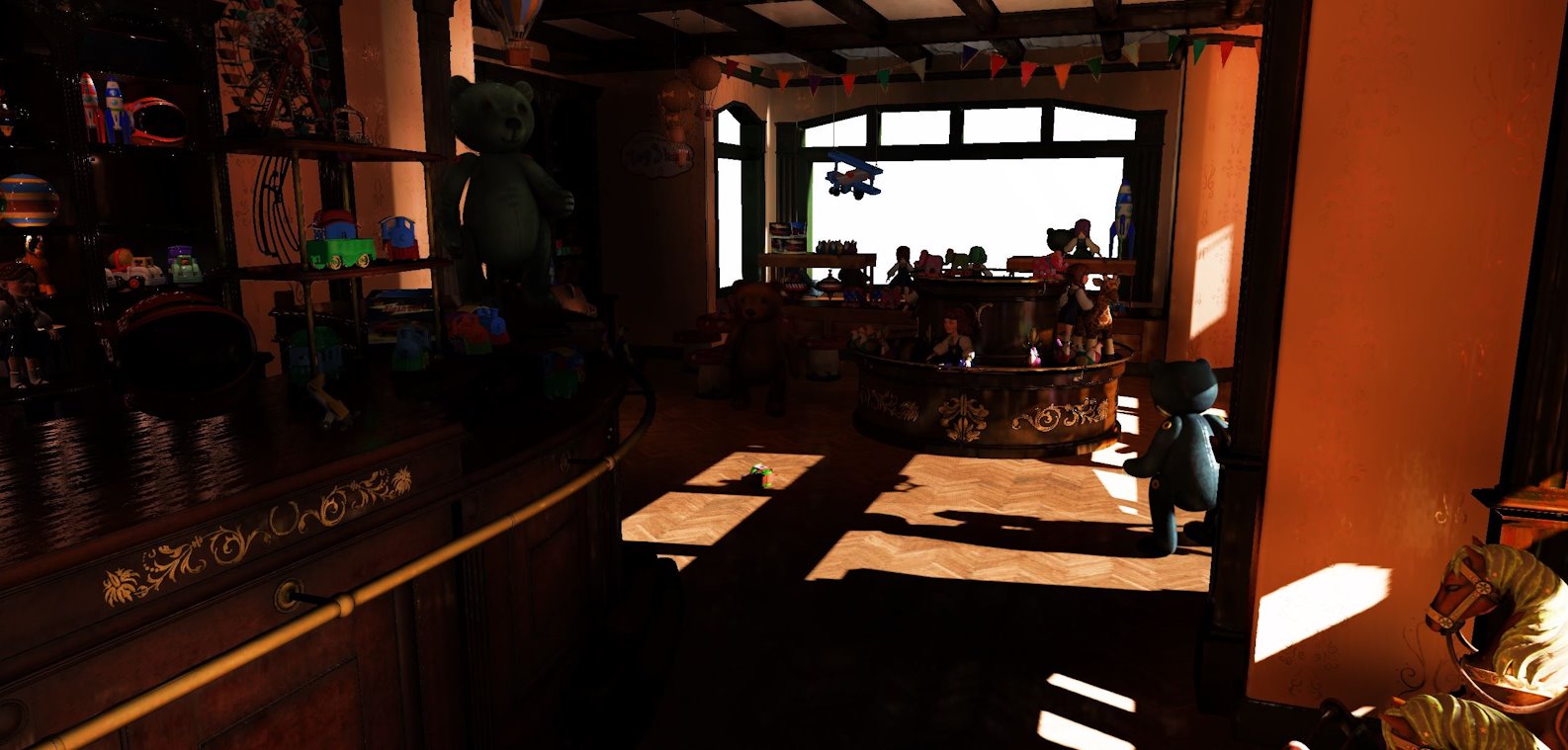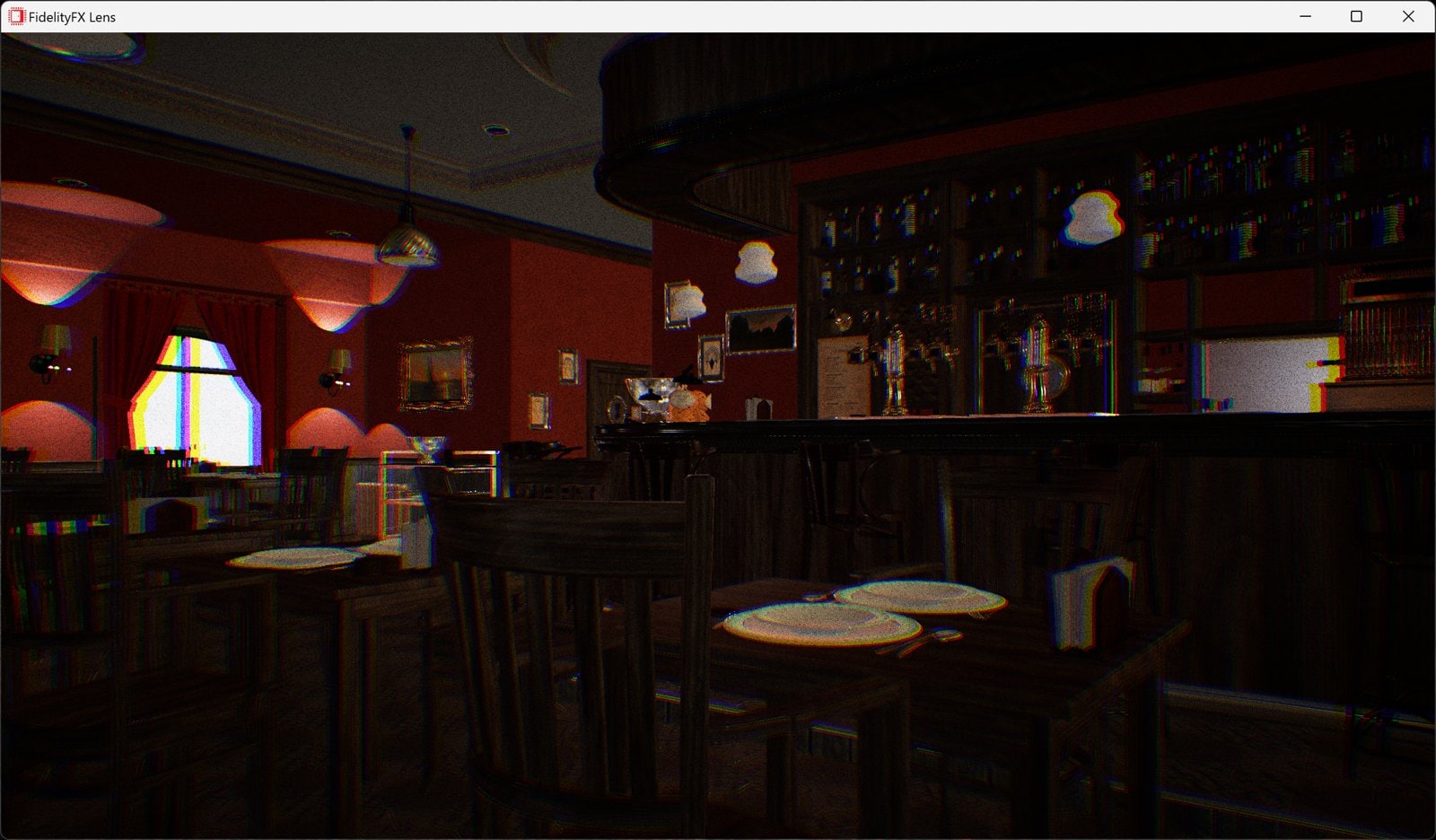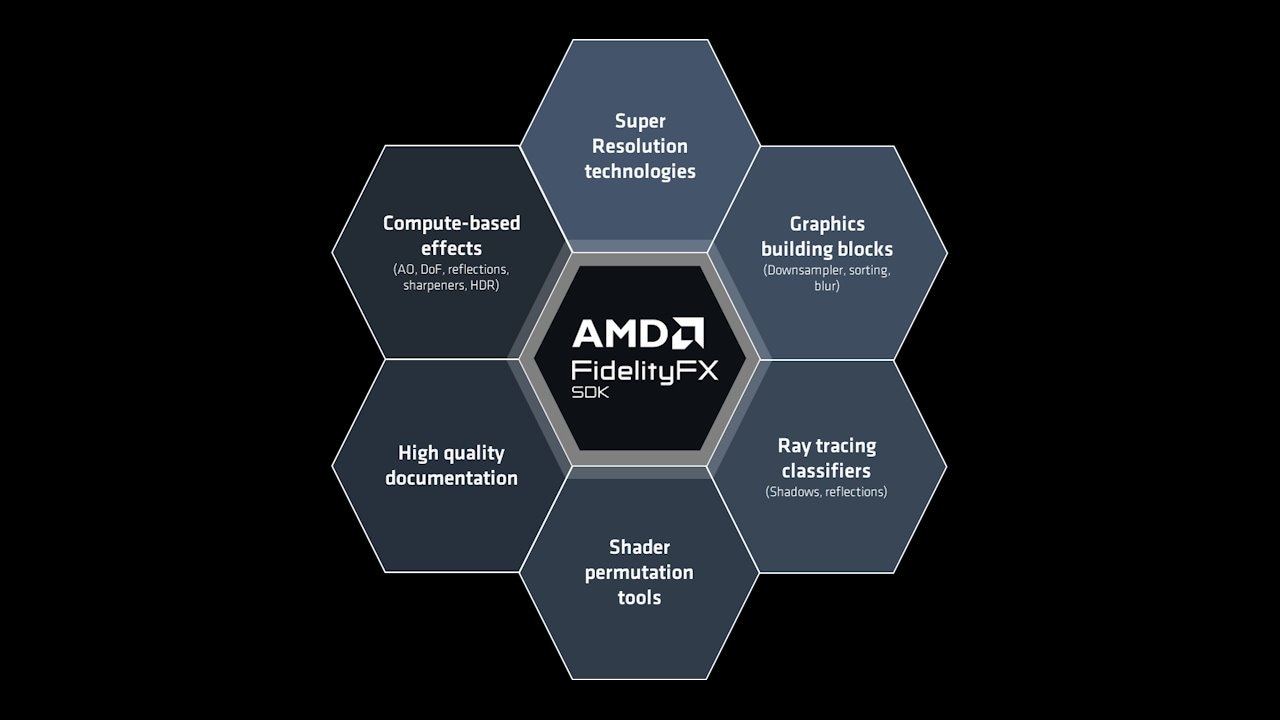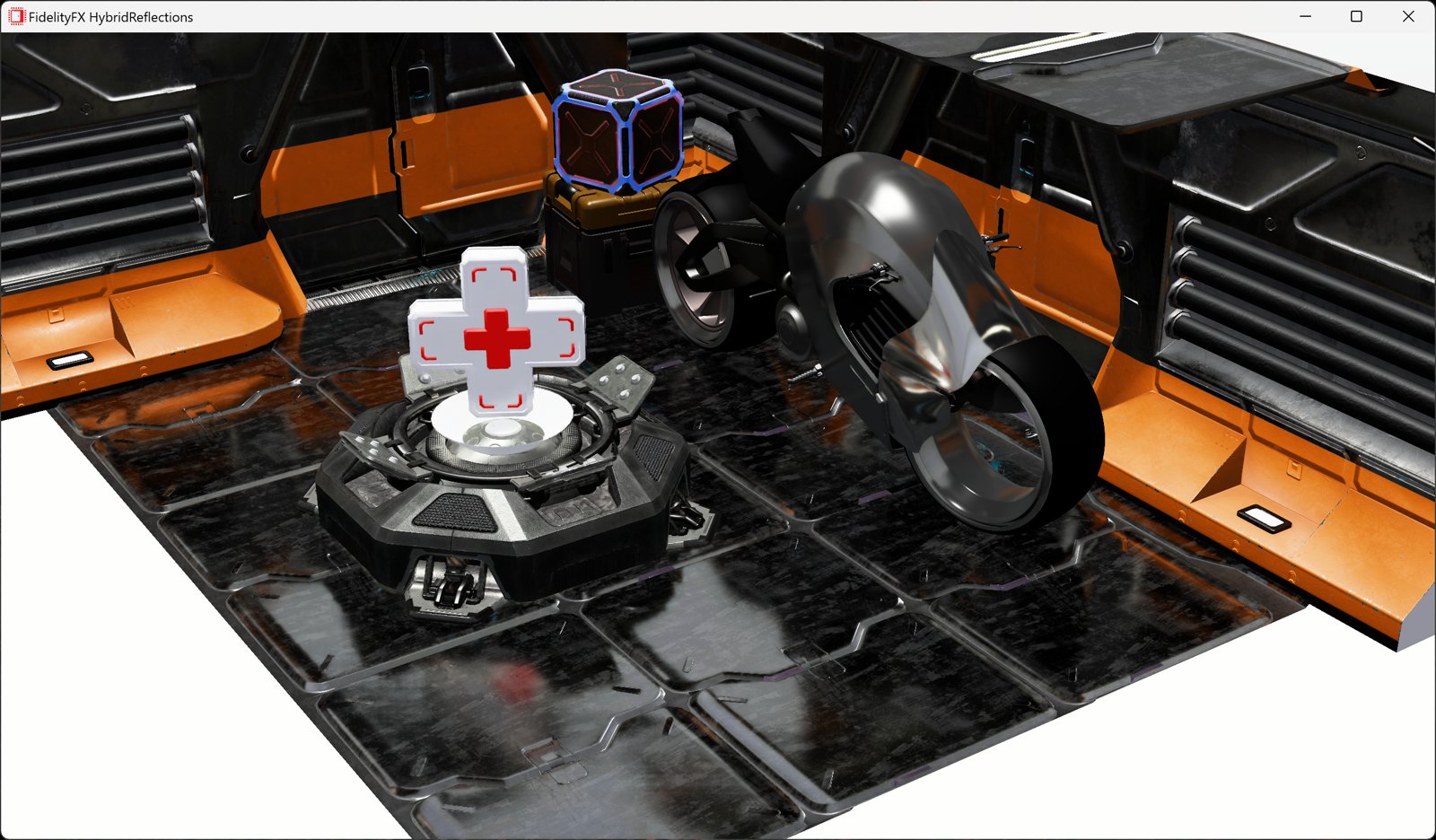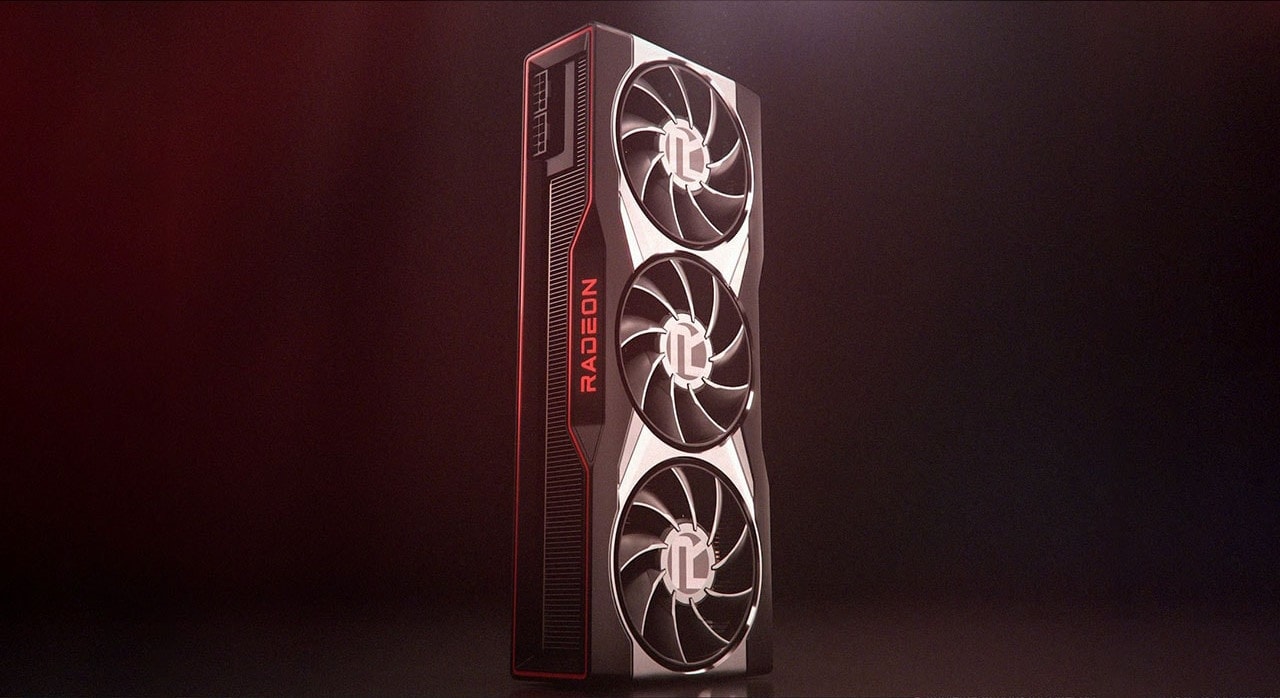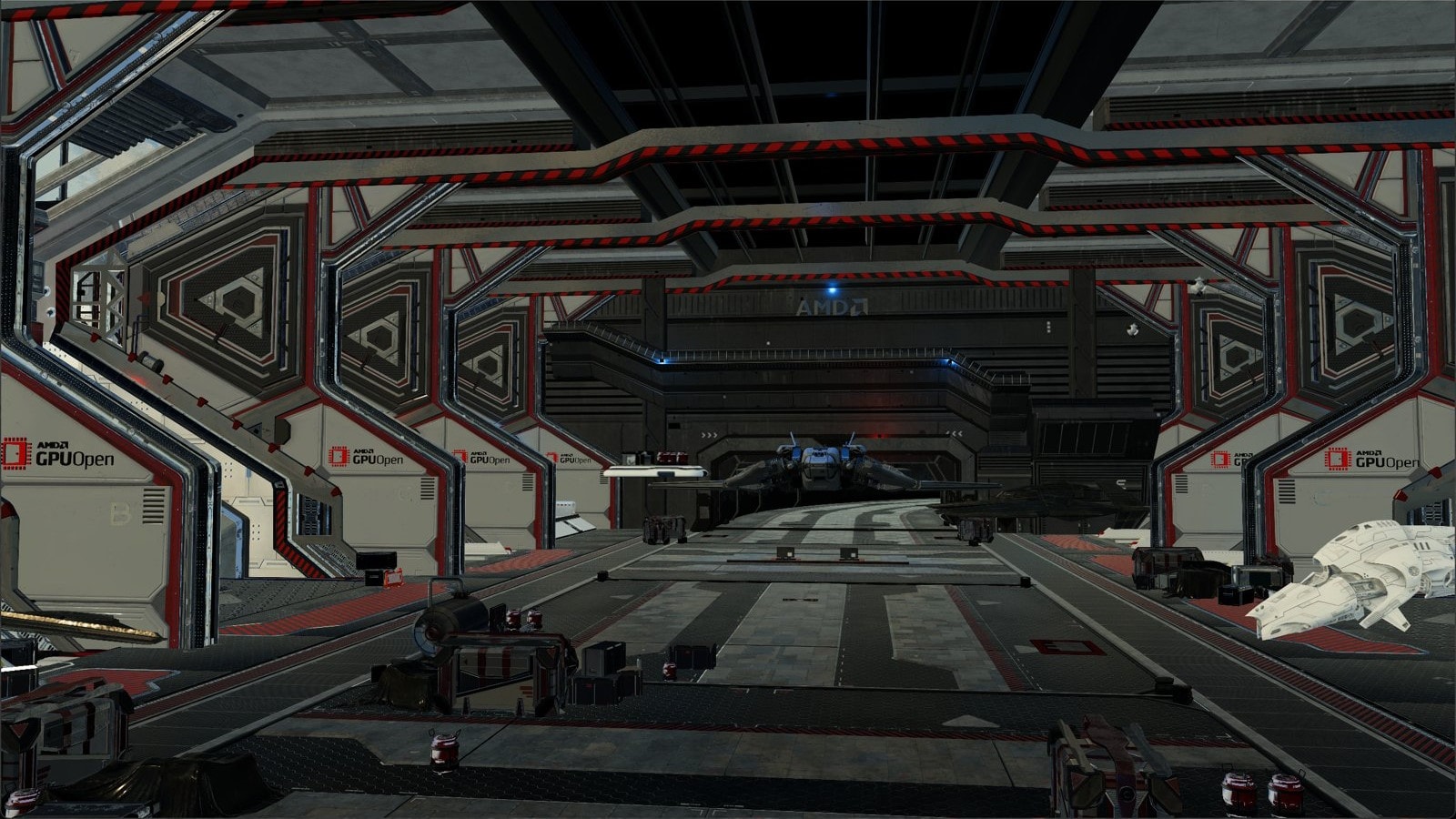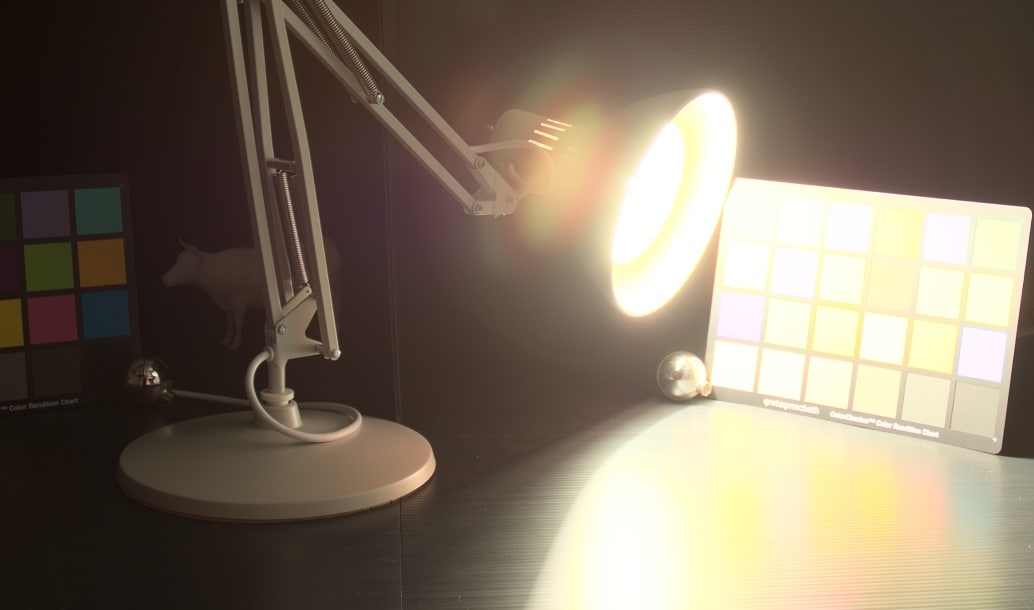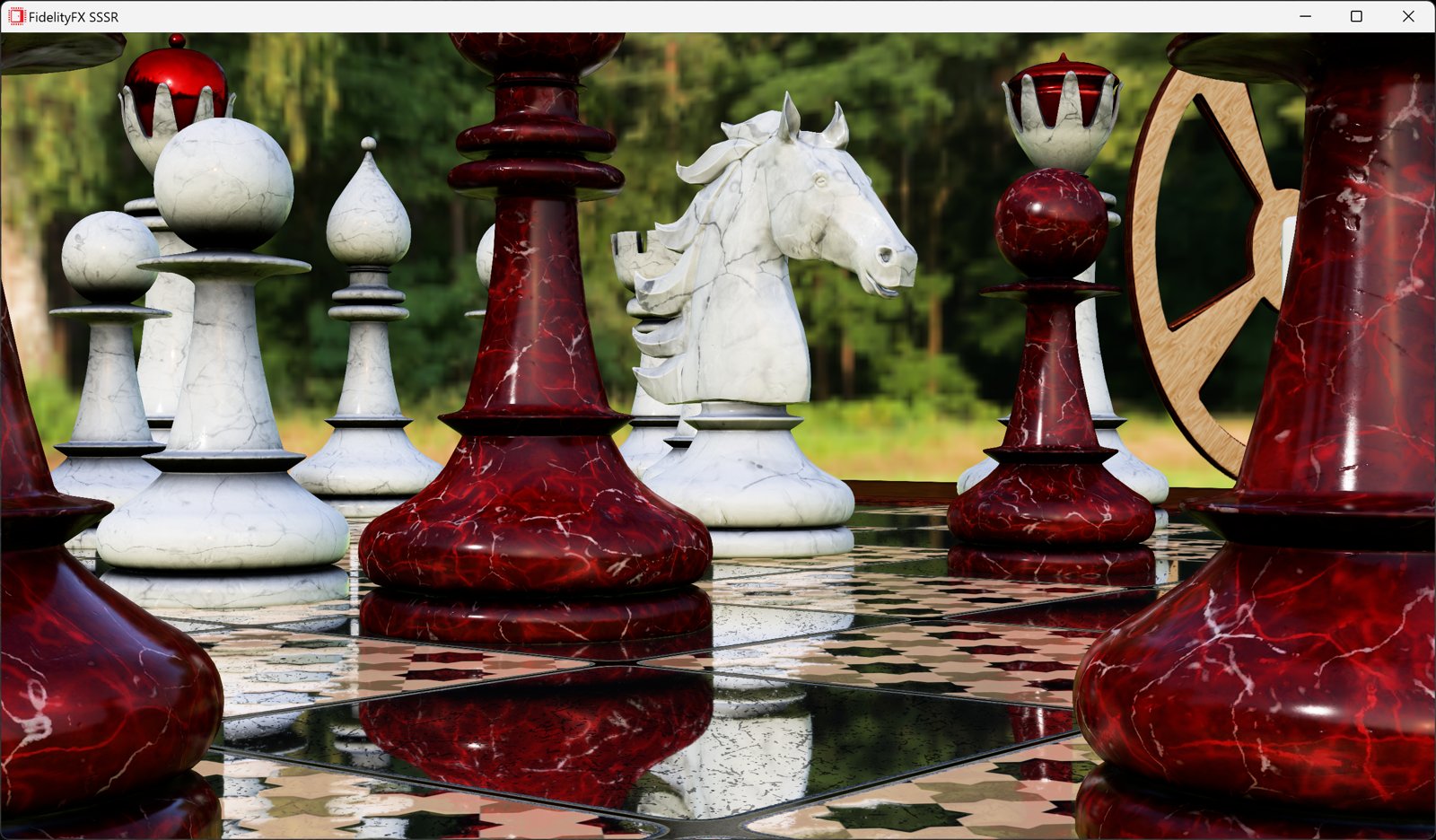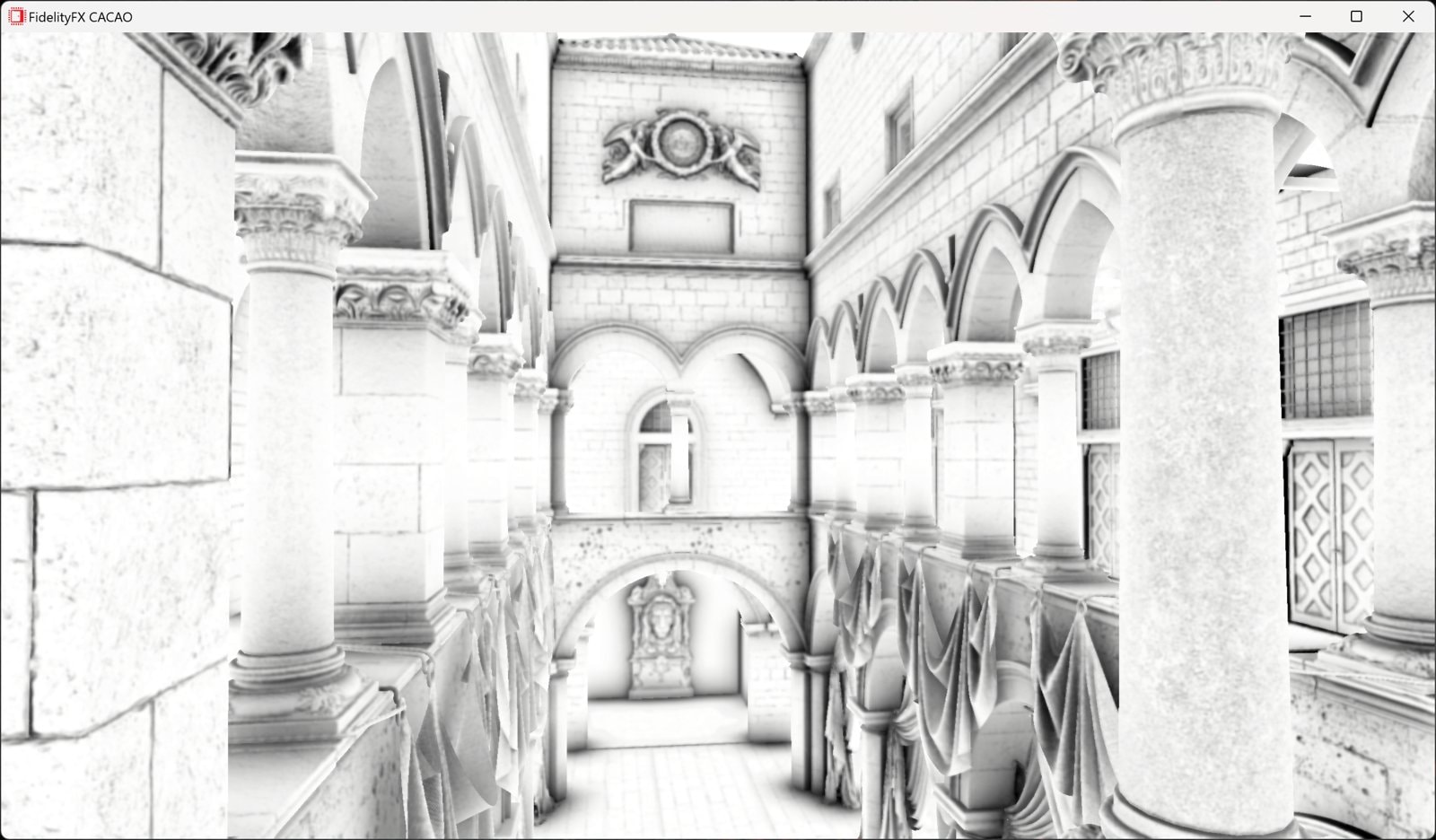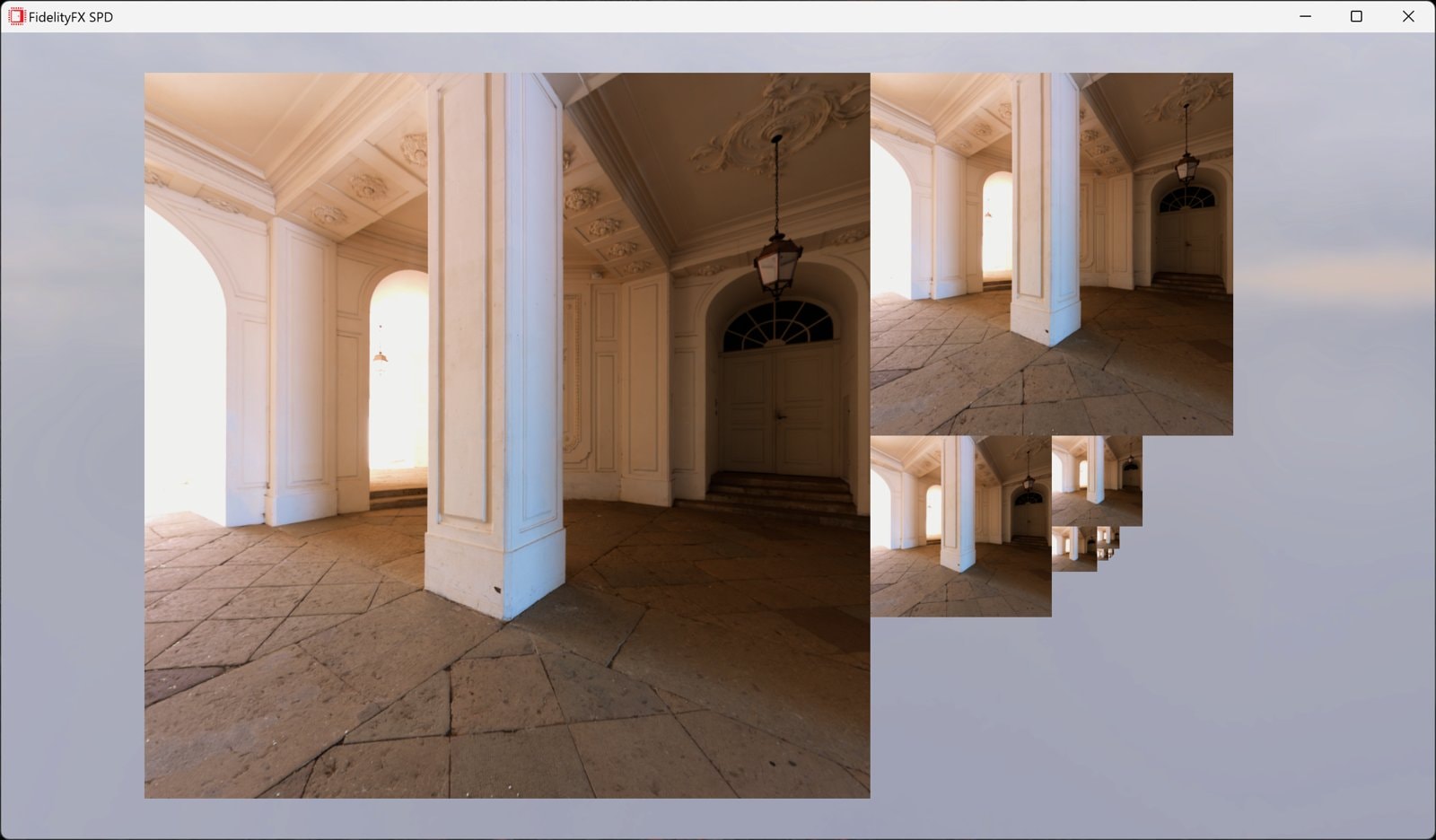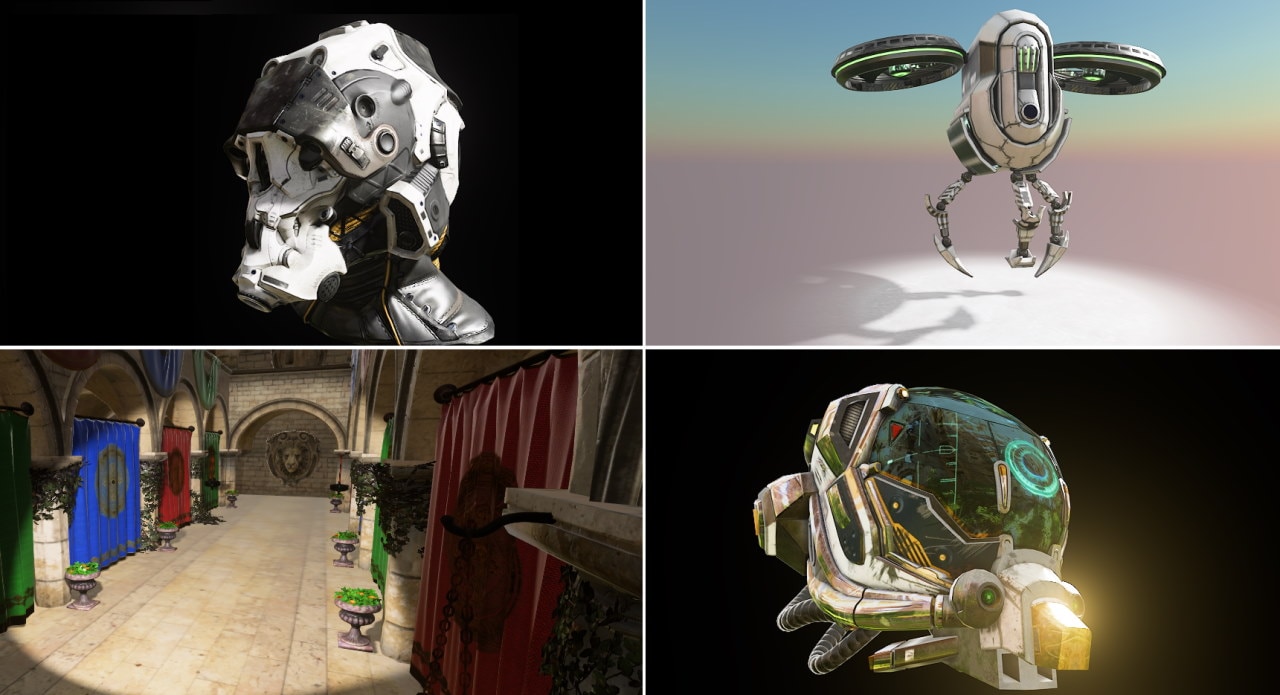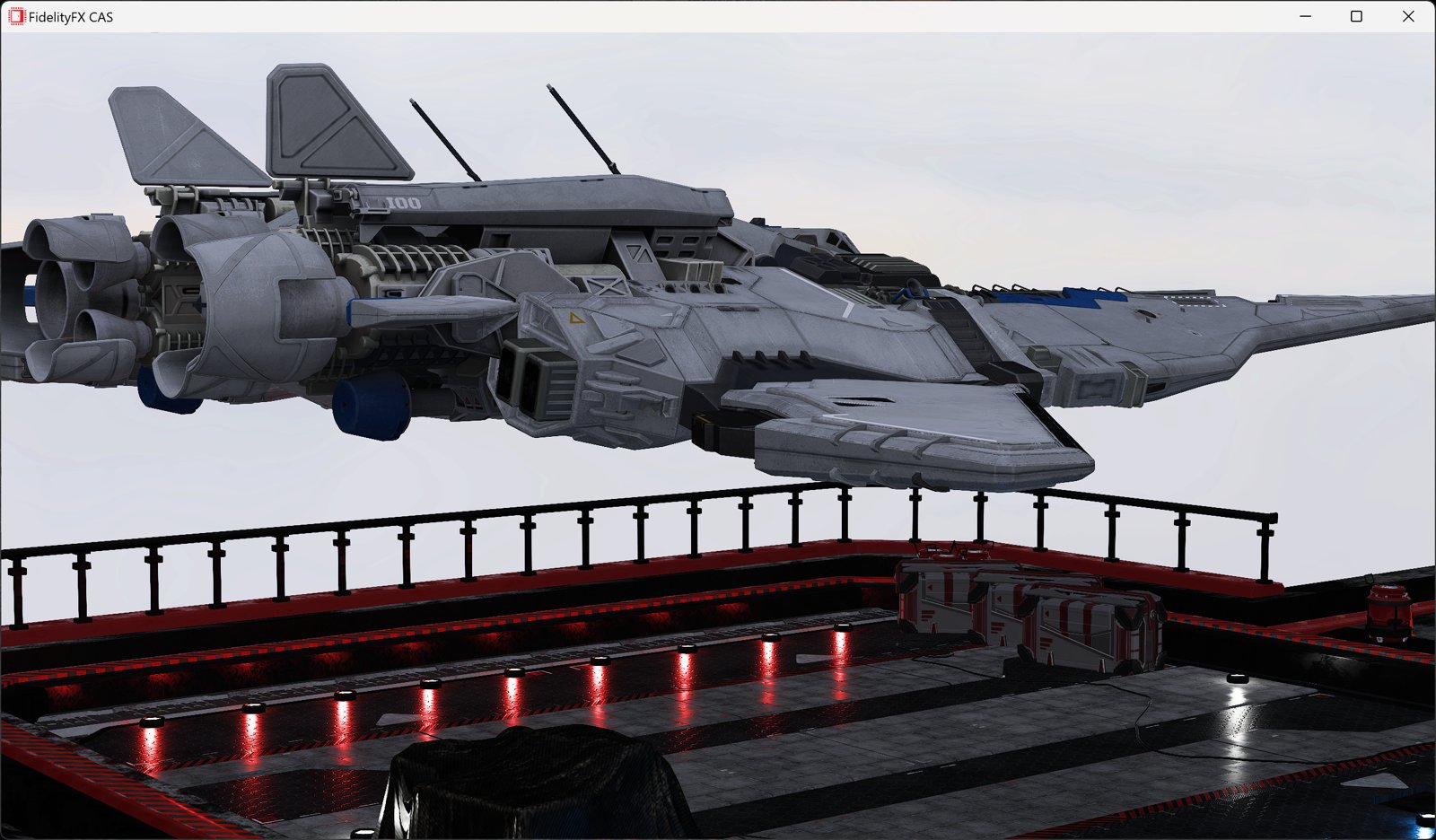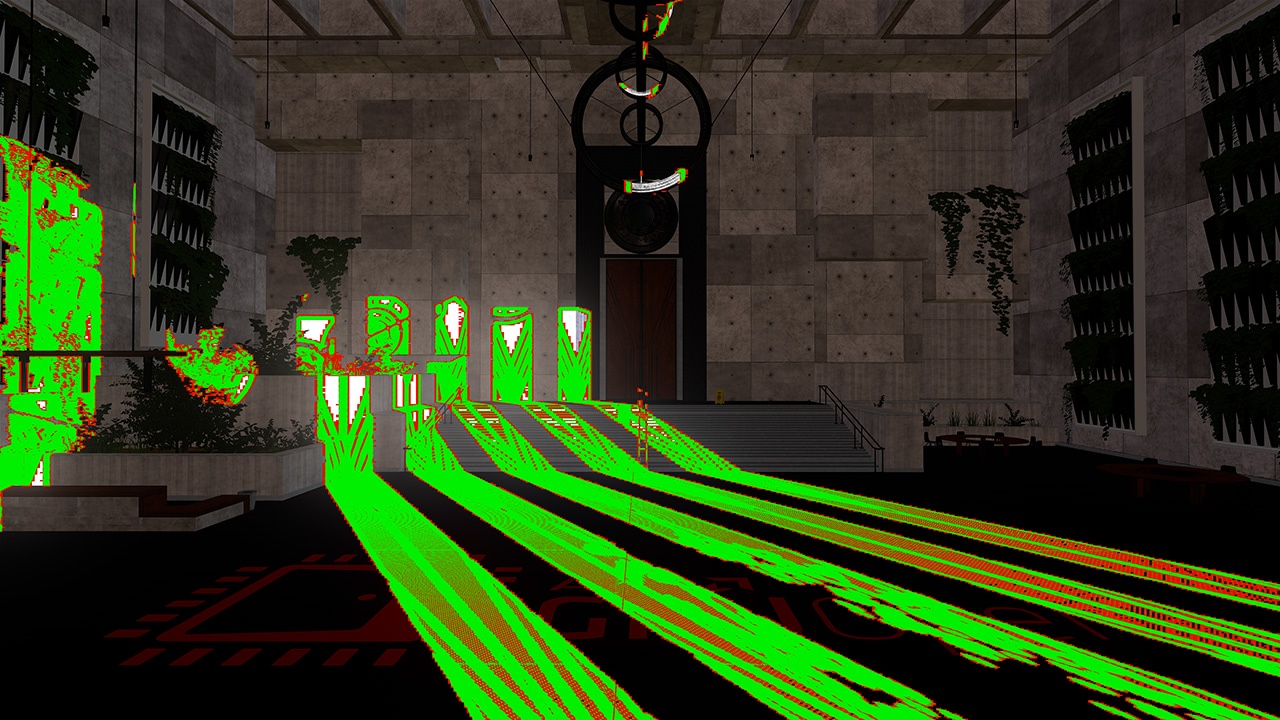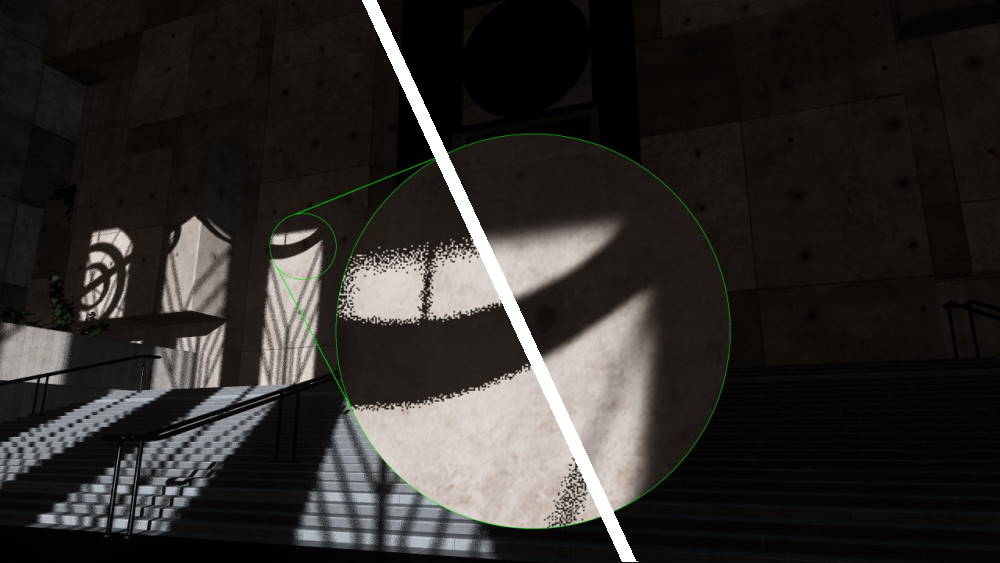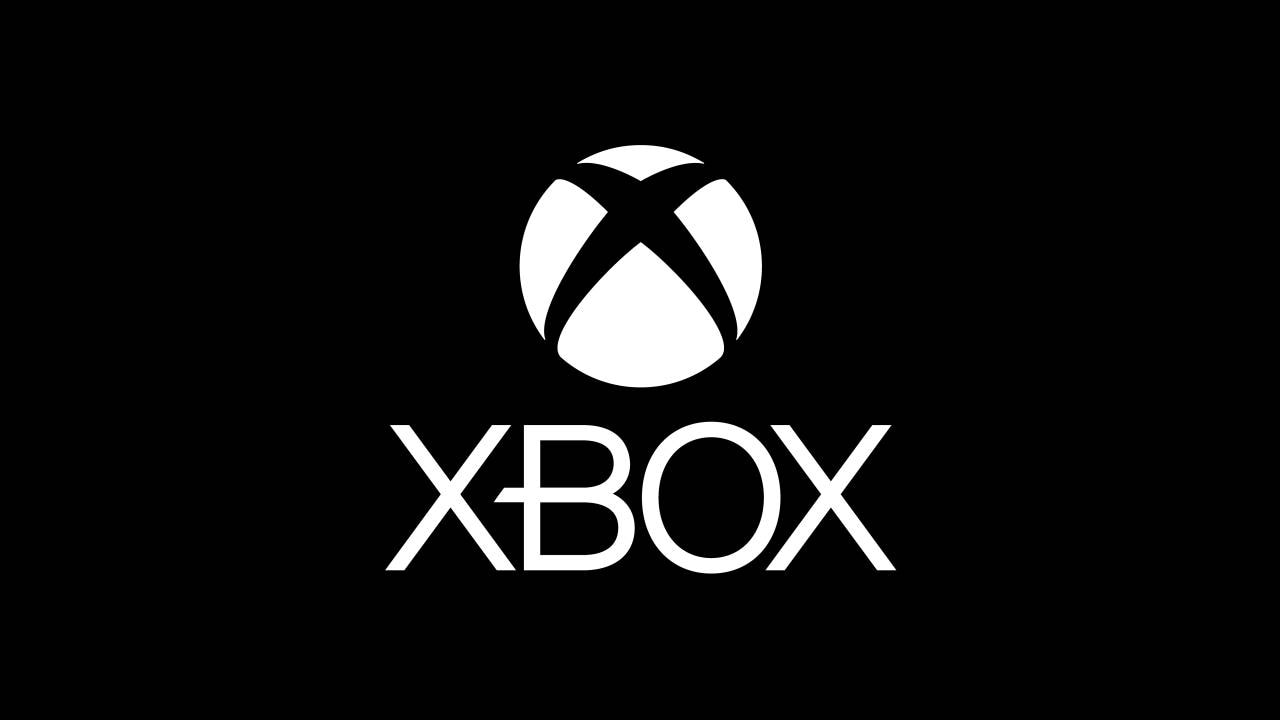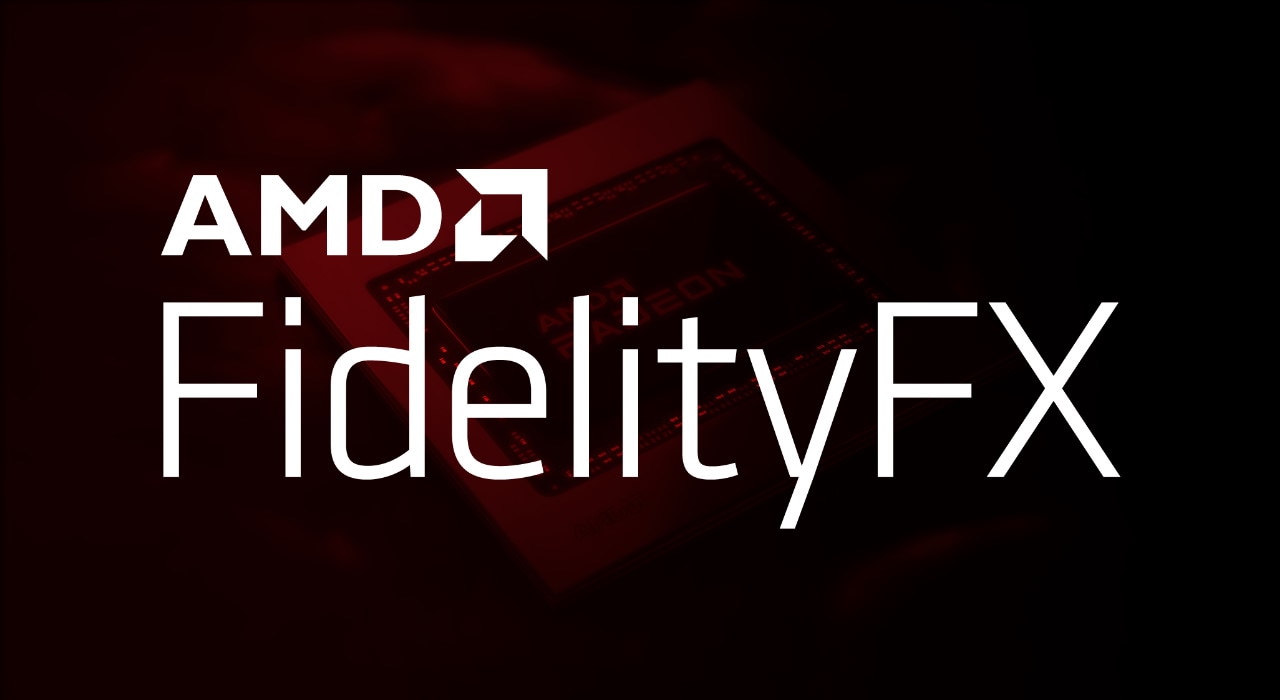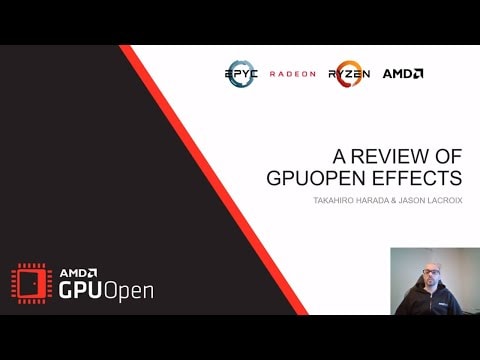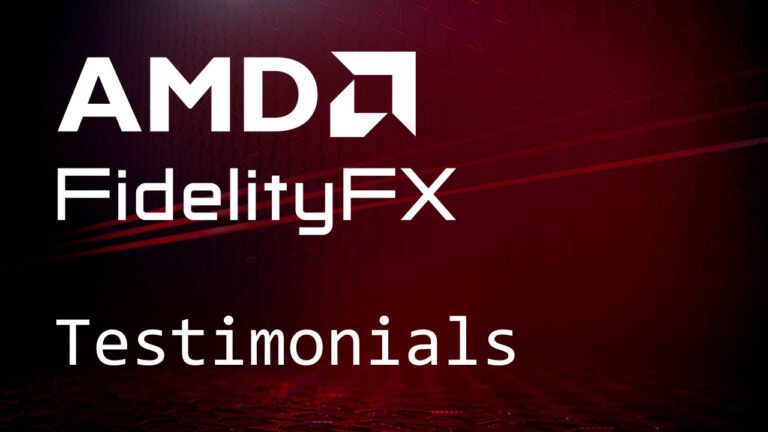
AMD FidelityFX™ Denoiser includes specialized spatio-temporal denoisers optimized for specific workloads:
- Shadow Denoiser: Designed to denoise a shadow mask created from tracing jittered rays towards a single light source.
- Reflection Denoiser: Designed to remove noise from the result of tracing jittered reflection rays based on surface roughness.
Supports:
- DirectX® 12
- Vulkan®
Download the latest version - v1.1.4
This release of the AMD FidelityFX™ SDK adds the following features:
- Additions to the API and fixes for issues discovered.
Features
Open source, MIT license
Optimized for Shader Model 6.0+
State-of-the-art algorithm
Xbox developer?
An example use of AMD FidelityFX™ Shadow Denoiser exists within the Xbox Game Development Kit samples.

Developer Testimonials

Shadow Denoiser specific features
- Spatio-temporal denoiser, specialized for shadow denoising.
- Tile classifier to skip work on areas without spatial variance in the shadow mask.
- Increased contribution of spatial filters on low temporal sample counts.
- Analysis of the local pixel neighborhood to counter ghosting artifacts.
Shadow Denoiser comparison
Shadow Denoiser additional resources
Reflection Denoiser features
- High performance spatio-temporal denoiser, specialized for reflection denoising.
- Tile Classifier to skip non reflective areas.
- Variable Rate Traversal: From full rate for mirror reflections down to quarter rate for glossy reflections.
- Temporal Variance Guided Tracing.
Includes:
- Classifier pass for reflection rays and denoiser tiles.
- Spatial filter pass.
- Temporal reprojection pass.
- Gaussian blur.
Reflection Denoiser comparison
How the Reflection Denoiser works
1. Noisy reflection input
2. Spatial resolve
3. Temporal resolve
4. Gaussian blur
Reflections Denoiser additional resources
Requirements
- DirectX® 12
- Vulkan®


